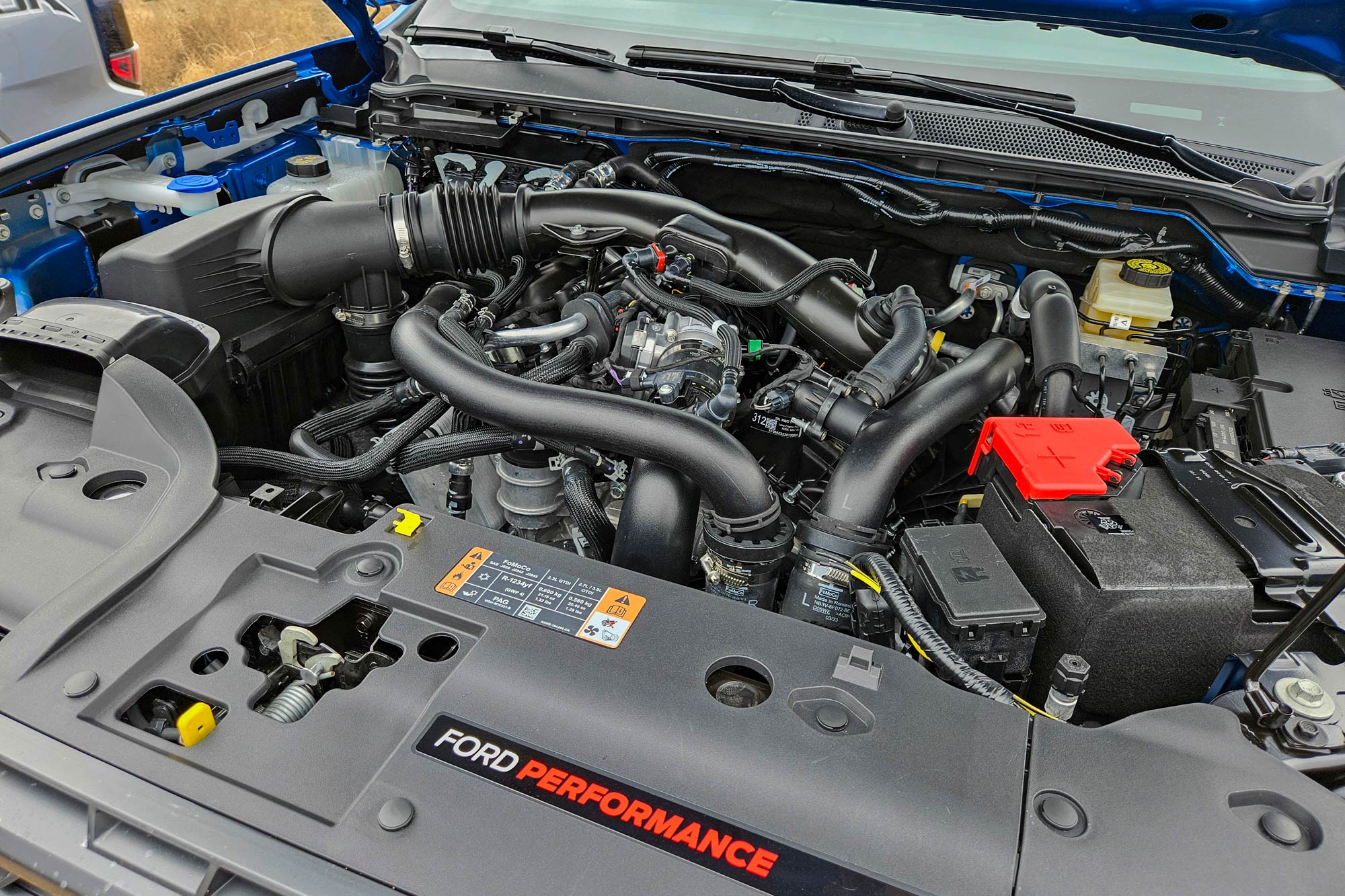How the 2.2 Ford Ranger Engine Delivers Power and Efficiency for Your Truck
How the 2.2 Ford Ranger Engine Delivers Power and Efficiency for Your Truck
Blog Article
What Makes an Automobile Engine Run Efficiently: Top Tips for Ideal Treatment
The smooth procedure of a vehicle engine is fundamental to both performance and long life, making optimum treatment a necessary obligation for car owners. What specific steps should you focus on to ensure your engine remains in peak problem?
Normal Oil Modifications
One of one of the most critical facets of car upkeep is ensuring your engine obtains normal oil modifications. Engine oil lubricates inner elements, reduces rubbing, and aids preserve optimal operating temperatures. Over time, oil weakens because of heat, impurities, and the natural results of combustion, leading to lowered effectiveness and possible engine damage.
Most suppliers recommend transforming the oil every 5,000 to 7,500 miles, but this interval can differ based on driving conditions and oil kind. As an example, artificial oils may enable longer intervals in between adjustments. Regular oil modifications not just improve engine performance yet additionally improve fuel effectiveness, as tidy oil advertises smoother operation.
Ignoring oil modifications can cause sludge build-up, which impairs flow and can bring about severe engine problems. It is essential to check oil levels routinely and keep an eye on for any unusual adjustments in shade or consistency, which could suggest contamination or destruction.

Keeping Coolant Degrees
Keeping correct coolant degrees is important for stopping engine getting too hot and making certain optimum efficiency. The coolant, commonly a combination of water and antifreeze, flows via the engine, absorbing heat and preventing thermal stress and anxiety. Inadequate coolant can lead to enhanced engine temperatures, which may trigger severe damage or even complete engine failing.
To keep ideal coolant degrees, routinely check the coolant reservoir, generally located in the engine bay. Ensure the coolant is loaded to the advised mark, as suggested in your car's owner manual. It is recommended to inspect the levels at least as soon as a month or soon trips, specifically during severe weather condition conditions.
If you notice that the coolant degree is constantly low, there might be a leak in the cooling system, which need to be attended to promptly to avoid additional problems. 2.2 ford ranger engine. Additionally, purging the coolant system every two to 3 years can assist remove any type of built up particles and make sure effective warmth exchange
Checking Air Filters

It is advised to check the air filter every 12,000 to 15,000 miles, or a lot more regularly if driving in adverse or dirty problems. A simple visual examination can frequently expose whether the filter is unclean or damaged. If the filter appears tarnished or has noticeable dirt accumulation, it must be changed promptly.
Utilizing a high-quality air filter developed for your certain car design can further improve engine performance. Furthermore, some vehicles may take advantage of recyclable filters that can be cleaned up and reinstalled, supplying a affordable and eco-friendly option.
Inspecting Spark Plugs
Spark plugs are necessary parts of a lorry's ignition system, straight affecting engine performance and efficiency. They create the trigger that sparks the air-fuel blend in the combustion chamber, facilitating the engine's power generation. Normal examination of stimulate plugs is important for preserving optimal engine feature and stopping potential concerns.
Throughout an assessment, search for signs of wear or damages, such as fractures, carbon buildup, or extreme gap widening. A healthy and balanced stimulate plug generally shows a brown or tan color. Dark residue or oil deposits can show incorrect burning, while a blistered or white look may recommend overheating. Both problems require prompt interest to stop additional engine damage.
It's advisable to check spark plugs every 30,000 miles, or as suggested in your vehicle's owner manual. Furthermore, take into consideration replacing them according to the maker's guidelines, as old or worn spark plugs can cause misfires, lowered fuel performance, and increased discharges.
Tracking Tire Pressure
Under-inflated tires can lead to reduced gas performance, raised tire wear, and endangered handling. Normal surveillance of tire stress is essential for optimal vehicle operation.
Tire stress should be checked at least once a view it month and before long journeys. Utilize a dependable tire pressure scale to gauge the stress when the tires are chilly, preferably before the official source car has been driven for a minimum of 3 hours. Describe the automobile's owner handbook or the placard located on the driver's side door jamb for the supplier's advised stress levels.
It is very important to note that tire stress can change with modifications in temperature; a drop of 10 ° F can cause a 1-2 psi reduction in pressure. In addition, aesthetically examine tires for any indicators of wear or damages during your tracking routine. Preserving appropriate tire stress not only improves lorry safety however likewise boosts gas performance and extends tire life, ultimately adding to a smoother engine efficiency.
Final Thought
In verdict, maintaining an auto engine's smooth operation needs thorough focus to several crucial variables. Ultimately, a positive technique to engine treatment is essential for making sure integrity and capability over time.
One of the most essential elements of cars and truck upkeep is guaranteeing your engine receives regular oil modifications. Engine oil lubes interior parts, lowers friction, and helps maintain ideal operating temperatures. Routine oil adjustments not just boost engine efficiency yet additionally boost gas efficiency, as tidy oil advertises smoother procedure.
Not enough coolant can lead to increased engine temperatures, which might cause severe damages or also complete engine failing.

Report this page